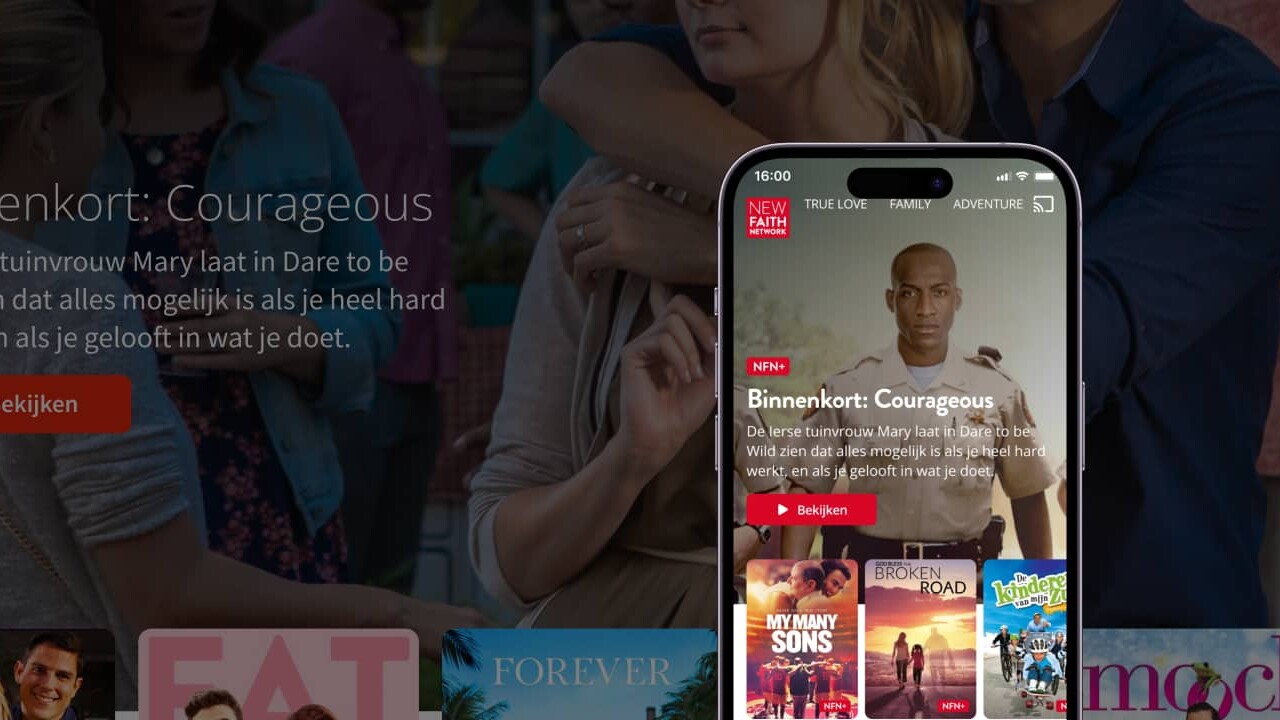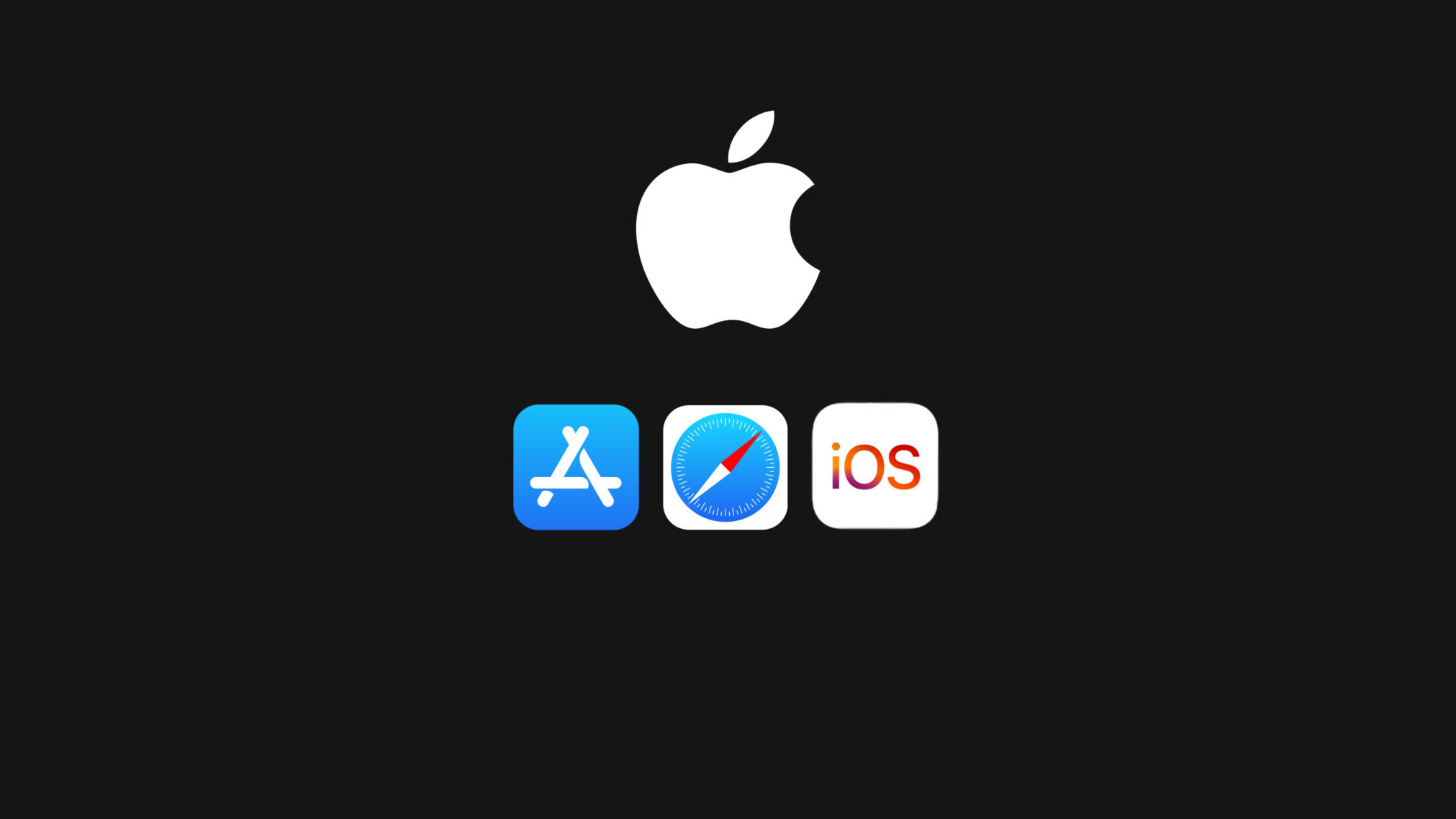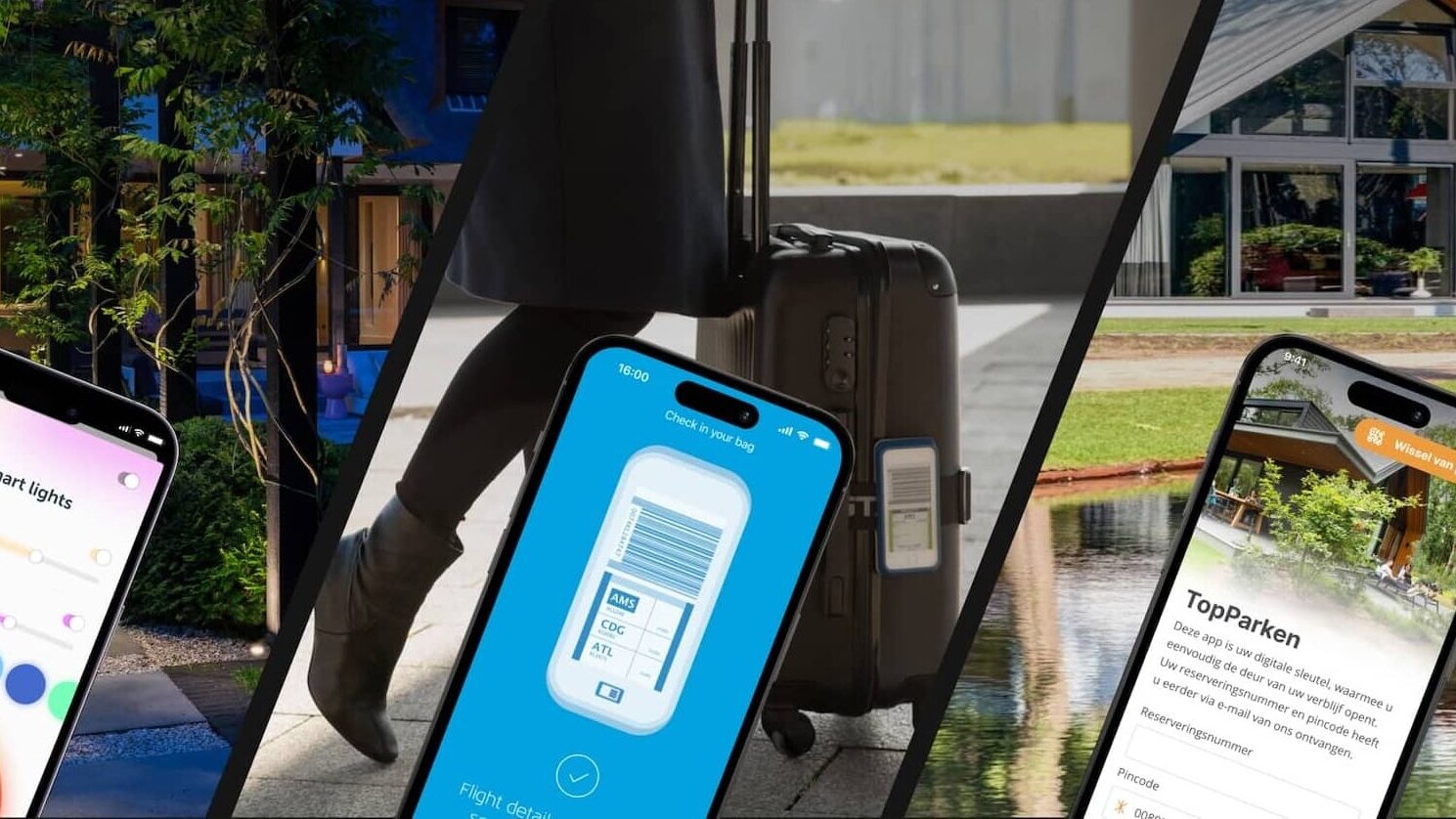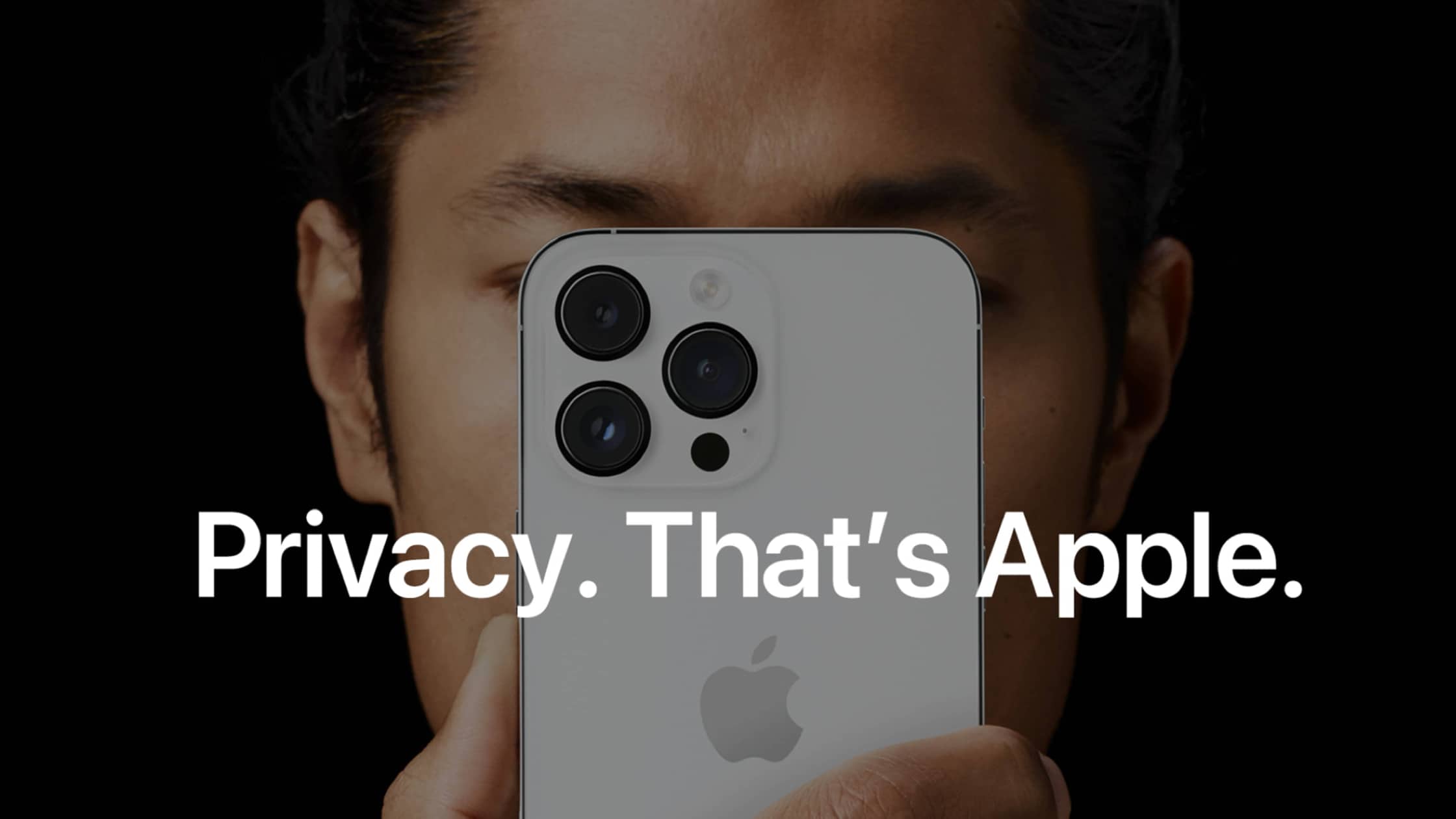Making money with apps, the different business models in a row
Apps are extremely popular. Dutch smartphone owners have an average of about twenty installed on their phones. New applications are added every day. They often find their way to the smartphone. In the early days, an app could often only be downloaded if you paid for it, nowadays many of those applications are free.
As an entrepreneur, how can you still earn money by having an app made? Which strategic business models are most attractive to your app?
Sell apps
This is one of the oldest business models in the application market and also one of the least attractive. Due to the enormous amount of apps that are now offered for free, the share of apps sold has fallen sharply in recent years. That does not alter the fact that applications are still being sold. After all, Google Play from Android and the Apple and Microsoft store offer them for a reason. iPhone users in particular are more inclined to pay for an application.
However, a developer today has to come up with something very special to actually earn good money with it. It has to be an application that people really want to use so that you can sell a lot of it. Because most apps often yield less than a euro. A developer must also donate 30% of this to the online store. Only a high-quality app that offers added value and also excels in innovation and originality has a chance of being purchased en masse by the public. Apps that are specifically made for a small specific group can also be successful, partly because, thanks to their exclusive character, they can be offered for higher prices.
Post advertisements
It is a thorn in the side of many, advertisements that suddenly pop up at the top of your screen. Mobile app users are not fond of it and the frequent appearance of advertisements can be an important reason to remove the application from the phone. Placing advertisements in apps works on the same principle as Google Adsense's cost-per-click system as you encounter it on many websites. Advertisers pay for a click, which then partly benefits the developers. Advertisers are also aware that advertisements in apps are not very popular. They are therefore not willing to pay a lot for an impression and a click. Such advertisements therefore yield at most a few cents. So, to make money from advertising, you need to develop an application that is used a lot so that it generates enough clicks. Another possibility is to create a large number of apps that all run on advertisements. Together they can provide an attractive source of income.
freemium apps
A logical consequence of the declining sales are the so-called freemium apps. A business model that has grown in importance in recent years. By offering the app for free, the threshold is low, which increases the chance that it will generate many users. Nowadays, consumers are no longer willing to pay for a new application. He wants to try it out and know if he likes it or not. That is why he firstfree' version before possibly installing the 'premiumversion will use. The paid version of course offers a number of extra options that are missing in the free version. Especially with games, this revenue model becomes that in-app purchasesis often used. Consider, for example, the popular game Candy Crush Saga. The free version only offers a limited number of lives. The lifespan can be extended by means of a paid upgrade.
It is interesting for a developer of knowledge games, for example, to give the player a number of levels to give for free. Once he gets the hang of it and has reached the highest level in the free version, he is probably willing to pay even higher levels. levels to get. A great time to offer an upgrade.
Create apps for a company or institution
One of the most stable business models is developing an app for a company or organizations. This makes good money, especially if the same app can be sold to multiple companies or agencies. An interesting example is 'Gastvrij', a new application from Score Media. It offers patients various tools that make their stay in a hospital a lot more pleasant. The patient can use an iPad to order food and drinks, call a nurse or service employee or view the electronic patient file. You can also use the Internet, listen to music or watch TV. This innovative application was developed at the request of the Medical Spectrum Enschede hospital and has since been successfully implemented. Such an application can of course also be useful for other hospitals in the Netherlands, but also abroad, with or without a few minor adjustments.
For example, there are all kinds of apps that can be useful for companies and institutions and there is certainly still a lot to gain in this market segment.

Subscriptions
Offering apps in the form of a Subscription belongs to the relatively new business models. WhatsApp was one of the first to do so. Without success, by the way. It asked consumers to use the service for free for a year and then pay 0,89 cents per year. WhatsApp has now stopped doing this because it was difficult to implement in practice.
Nevertheless, subscriptions offer new possibilities for magazines or news apps, for example, to offer new content for a fee. Subscriptions are also an interesting option for businesses. Applications can simplify business processes and also be used as a means of communication with staff. For example, a representative who travels a lot and submits his claim forms via an app, or a construction worker on site his work orders. Subscriptions make it flexible for companies because they are often taken out on a monthly basis.
The fact that apps subscriptions are a growth market is evident from the fact that both Google and Apple announced a few months ago that they now charge a margin of 15% for sellers of subscriptions in the online stores. It seems like a clear incentive for developers to offer subscriptions.
Free apps
It may sound a bit strange at first, but offering apps for free is a lucrative business model. Companies and institutions offer apps with the main aim of building customer loyalty. It creates a relationship with the consumer who is more inclined to use the services and products that are provided.
Finally
There are different business models for apps. It's hard to say which one is best. Offering subscriptions is a growth market. While app sales are still declining, a specific application for a small niche can make a lot of money. A tailor-made application pays off for a company because it leads to cost savings and simplification of business processes.
Ultimately, the most important thing is the extent to which applications are usable, innovative and of high quality. That determines whether they will be successful.

Contact us
Want to start or grow your business with a custom app? Contact us without obligation and we will help you further.











Comments are closed.